Tips for Saving Money When Framing a House
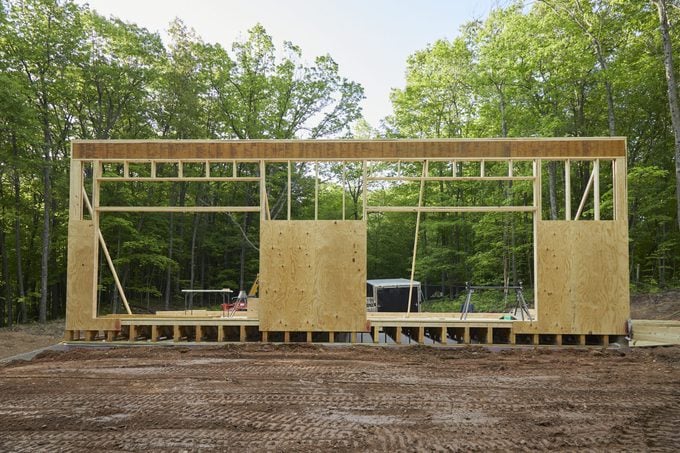
The Crucial Phase of a Home Build
A house that’s level, square and plumb will properly and securely hold cabinets, windows and flooring. Yes, framing can be expensive. But planning with a focus on quality and affordability will leave you saving to invest in other parts of your home build while still getting the basic bones of a quality home.
Have A Plan
Framing details are often left to the framing carpenters to figure out. We recommend drawing up a separate framing plan so the general contractor and the framing crew are on the same page. A structural engineer needs to review your framing plans and ensure they meet your local building code.
Save Lumber Through Design
Maximize use of standard lengths of lumber in your design by sizing rooms accordingly — 10- x 12-ft., 12- x 14-ft., etc. Do you want 8-, 9- or 10-ft. walls? Lumber suppliers have pre-cut studs for these wall heights. Do this and you can save lumber and lower labor costs.
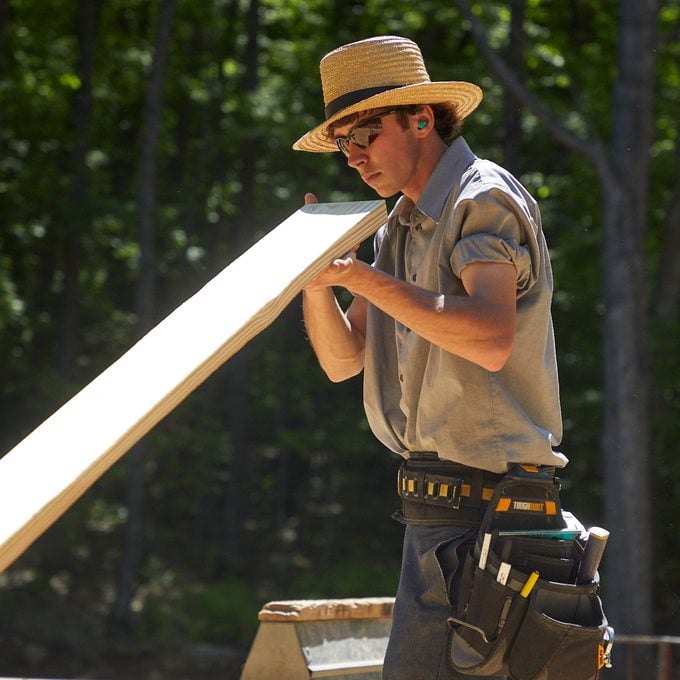
Jobsite Management
More than 20 percent of the total construction cost, on average, will be dedicated to framing. The National Association of Home Builders says 40 percent of jobsite waste is scrap or unused lumber.
Wood is increasingly expensive. By managing your lumber once it gets to the jobsite, you can reduce waste. Make sure the ordered lengths are being used for their intended purpose. Don’t let people randomly grab lumber from a pile.
Use Up That Scrap Wood
With architecturally driven designs like our Getaway, we designated specific uses of any anticipated cut-offs to reduce our use of lumber. We used up as many cut-offs as possible for joist blocking, drywall backers and other fillers.
Consider Advanced Framing Techniques
Advanced framing is a newer system of construction framing techniques that can help you optimize material use and increase energy efficiency. In short, these techniques put less lumber and more insulation in your walls without sacrificing structural integrity.
The majority of the stud walls at the Getaway were framed 24-in. on-center as opposed to the standard of 16-in. on-center. This saved us about 14 percent on lumber, and reduced labor costs by installing fewer wall studs.
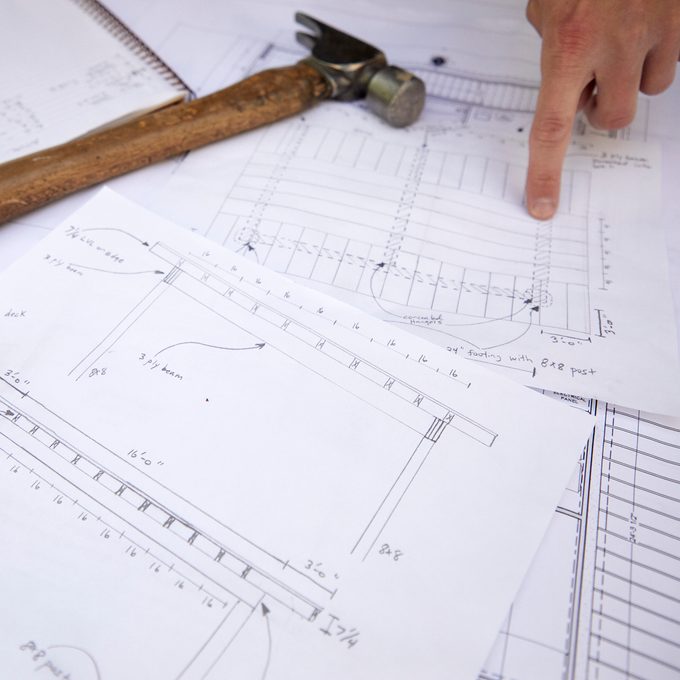
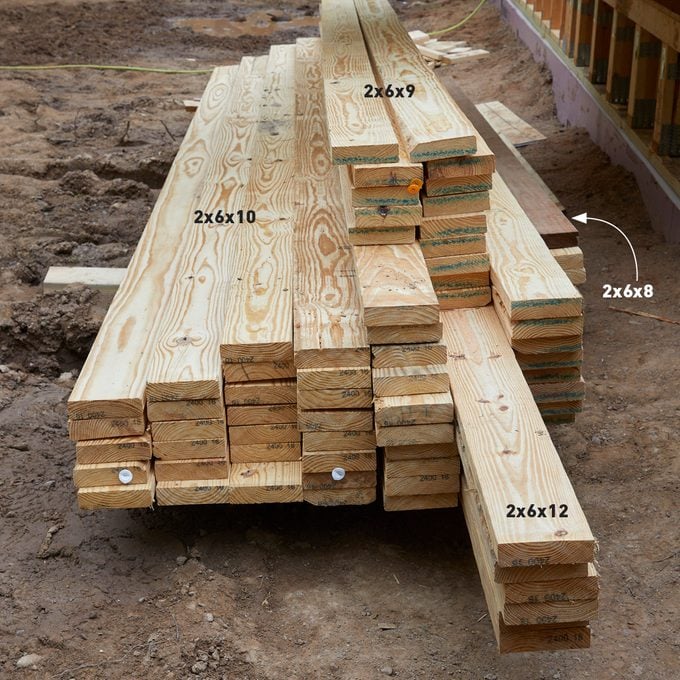
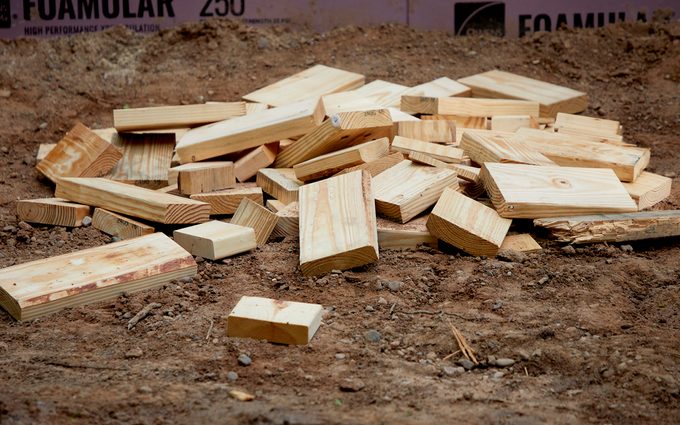
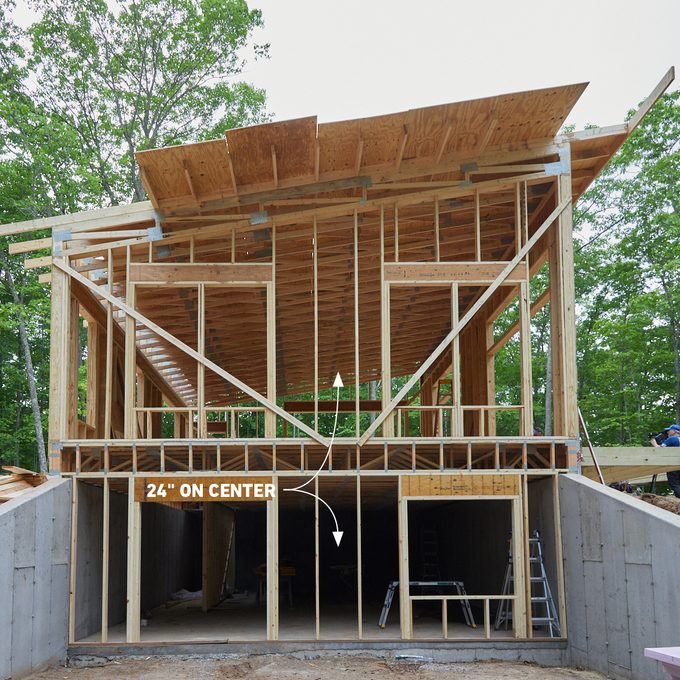
No comments